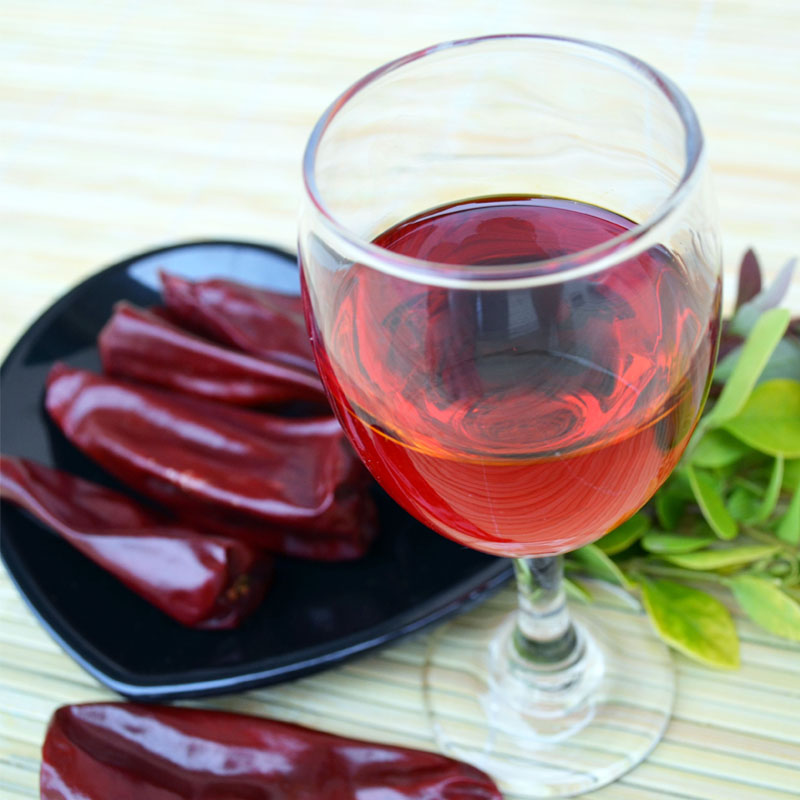- No. 268 Xianghe Street, Economic Development Zone of Xingtai city, Hebei 054001 China
- Byron@hbhongri.cn
Exploring the Flavor Differences Between Smoked Paprika and Regular Paprika
The Rich Flavors of Smoked Paprika and Paprika
Paprika is a vibrant spice hailed for its bright red color and dynamic taste profile, originating from various species of Capsicum annuum. While many people are familiar with its use in culinary dishes, few understand the depth and diversity that paprika can offer, particularly the distinction between traditional paprika and its smokier counterpart—smoked paprika. Both varieties boast unique qualities that can elevate a dish while imparting a distinct flavor.
History and Production
Paprika has its origins in Central America, where it was first cultivated by indigenous people and later brought to Europe in the 16th century. Hungary and Spain became the epicenters of paprika production, where the spice gained immense popularity. In Hungary, the spice is a staple in traditional dishes such as goulash, while Spanish paprika—known as pimentón—is an essential ingredient in many regional recipes.
Smoked paprika, often associated with Spanish cuisine, undergoes a distinct production process that sets it apart from its non-smoked counterpart. Peppers are harvested and then dried over wood fires, infusing them with a subtle smokiness that adds depth to the flavor. This method not only enhances the taste but also provides a distinct aromatic profile, which can transform everyday dishes into something extraordinary.
Flavor Profiles
The differences in flavor between smoked paprika and regular paprika are stark. Regular paprika is generally sweet with a mild flavor, offering a gentle warmth that enhances rather than overwhelms dishes. It can range from sweet to hot, with varieties such as Hungarian sweet paprika or hot paprika providing options depending on the culinary application.
In contrast, smoked paprika provides a rich, complex flavor that marries sweetness with a robust smokiness, evoking the essence of charcoal grilling. This makes it an excellent choice for hearty dishes like stews, as well as for seasoning meats before roasting or grilling. Its deep flavor also enables it to stand out in sauces, dips, and marinades.
smoked paprika and paprika

Culinary Applications
Both smoked paprika and regular paprika find their place in a wide array of dishes. Regular paprika is often used as a garnish or a coloring agent, adding visual appeal to deviled eggs, potato salad, or hummus. Its sweet notes enhance dishes like chicken paprikash, a classic Hungarian dish that celebrates the spice's versatility.
On the other hand, smoked paprika is increasingly popular in modern kitchens for its ability to impart a smoky flavor without the need for actual smoking. It can be sprinkled on roasted vegetables, added to barbecue sauces, or incorporated into chili for a deeper flavor. Smoked paprika is also a favorite among vegetarian and vegan cooks, as it can simulate the depth usually provided by meats.
Health Benefits
Beyond their culinary delights, both types of paprika offer health benefits. Paprika is rich in antioxidants and is a good source of vitamins A, E, and B6. These nutrients can help combat oxidative stress and contribute to overall health. Moreover, the capsaicin in paprika, present in varying levels, has been associated with anti-inflammatory benefits and improved metabolism.
Conclusion
Whether you prefer the subtle sweetness of regular paprika or the bold smokiness of smoked paprika, both spices are essential staples in any kitchen. Their unique characteristics offer diverse applications in cooking, bringing flavors that can be both comforting and exhilarating to our palates. As culinary enthusiasts continue to experiment and explore the vast landscapes of flavor, paprika in its many forms remains a beloved ingredient that's sure to inspire countless dishes, enriching our culinary experience for generations to come.
-
Unlock the Power of Nature with Capsicum Oleoresin ExtractNewsJul.03,2025
-
Unleash the Heat: Discover the Wonders of Spicy Crushed Red PepperNewsJul.03,2025
-
Unleash the Flavor of Red Pepper Pods – Elevate Your Culinary Creations!NewsJul.03,2025
-
The Rich Flavor of Red Pepper Dried – The Ultimate Ingredient for Your Culinary Creations!NewsJul.03,2025
-
Discover the Rich Flavor of the PaprikaNewsJul.03,2025
-
Discover the Flavorful World of Paprika & Chili ProductsNewsJul.03,2025







